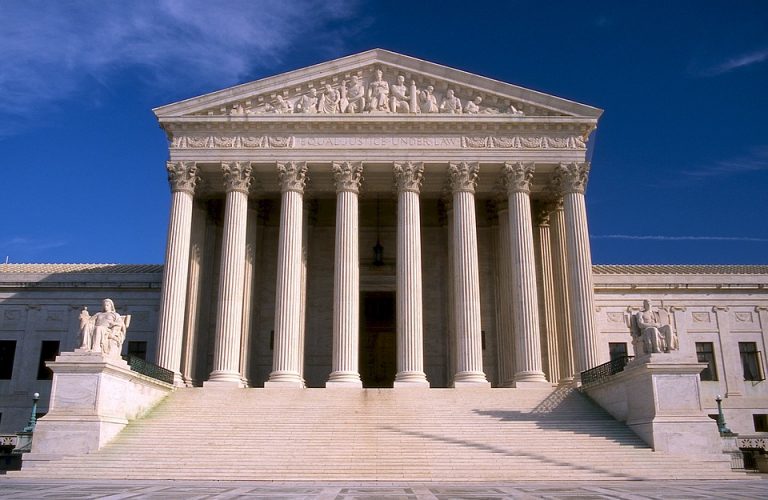 POLICY
POLICY
 POLICY
POLICY
 POLICY
POLICY
The U.S. Supreme Court didn’t discuss the question of whether Section 230 should be reinterpreted in two closely anticipated rulings it issued this morning.
Section 230 is part of the Communications Decency Act, a law that Congress enacted in 1996. It protects tech firms from being sued over many forms of user-generated content uploaded to their platforms. Additionally, Section 230 provides immunity against lawsuits focused on content moderation decisions.
In the two rulings it issued today, the Supreme Court could have discussed whether the legislation should be reinterpreted. Such a development could have had major consequences for tech giants such as Google LLC and Meta Platforms Inc. that host user-generated content on their platforms. However, the justices declined to address Section 230.
The first lawsuit was brought against Google by family members of a college student who was killed in a 2015 ISIS attack. The lawsuit accuses the Alphabet Inc. unit of being liable for the attack because YouTube was used by ISIS to promote terrorist content.
In a previous ruling, the Ninth Circuit Court of Appeals found that Section 230 gave Google immunity against most of the lawsuit’s legal claims. Concerning the remaining claims, the Ninth Circuit determined that the company wasn’t liable.
In its ruling today, the Supreme Court found that Section 230 is not applicable to the case. As a result, the justices determined there is no reason to discuss whether the legislation should be reinterpreted. “We therefore decline to address the application of a complaint that appears to state little, if any, plausible claim for relief,” the ruling reads.
The Supreme Court cited two main reasons for its decision. The first is a section of the ruling that was made in the case earlier by the Nine Circuit. Additionally, the Supreme Court cited its own ruling in a separate case also related to Section 230.
That second ruling was issued today in connection with a lawsuit brought against Twitter Inc. The lawsuit accuses the social network of aiding and abetting ISIS by hosting terrorist content and taking insufficient steps to remove that content. In its ruling, the Supreme Court determined it’s not liable.
“Defendants’ mere creation of their media platforms is no more culpable than the creation of email, cell phones, or the internet generally,” Justice Clarence Thomas wrote in the ruling. “And defendants’ recommendation algorithms are merely part of the infrastructure through which all the content on their platforms is filtered.”
Tech industry groups welcomed the Supreme Court’s decision. “This decision leaving Section 230 untouched is an unambiguous victory for online speech and content moderation,” stated Jess Miers, the legal counsel for Chamber of Progress, an industry group backed by Google and Meta.
“This is a huge win for free speech on the internet,” said Chris Marchese, the litigation center director for NetChoice, a tech trade group backed by Twitter and Google.
Support our mission to keep content open and free by engaging with theCUBE community. Join theCUBE’s Alumni Trust Network, where technology leaders connect, share intelligence and create opportunities.
Founded by tech visionaries John Furrier and Dave Vellante, SiliconANGLE Media has built a dynamic ecosystem of industry-leading digital media brands that reach 15+ million elite tech professionals. Our new proprietary theCUBE AI Video Cloud is breaking ground in audience interaction, leveraging theCUBEai.com neural network to help technology companies make data-driven decisions and stay at the forefront of industry conversations.